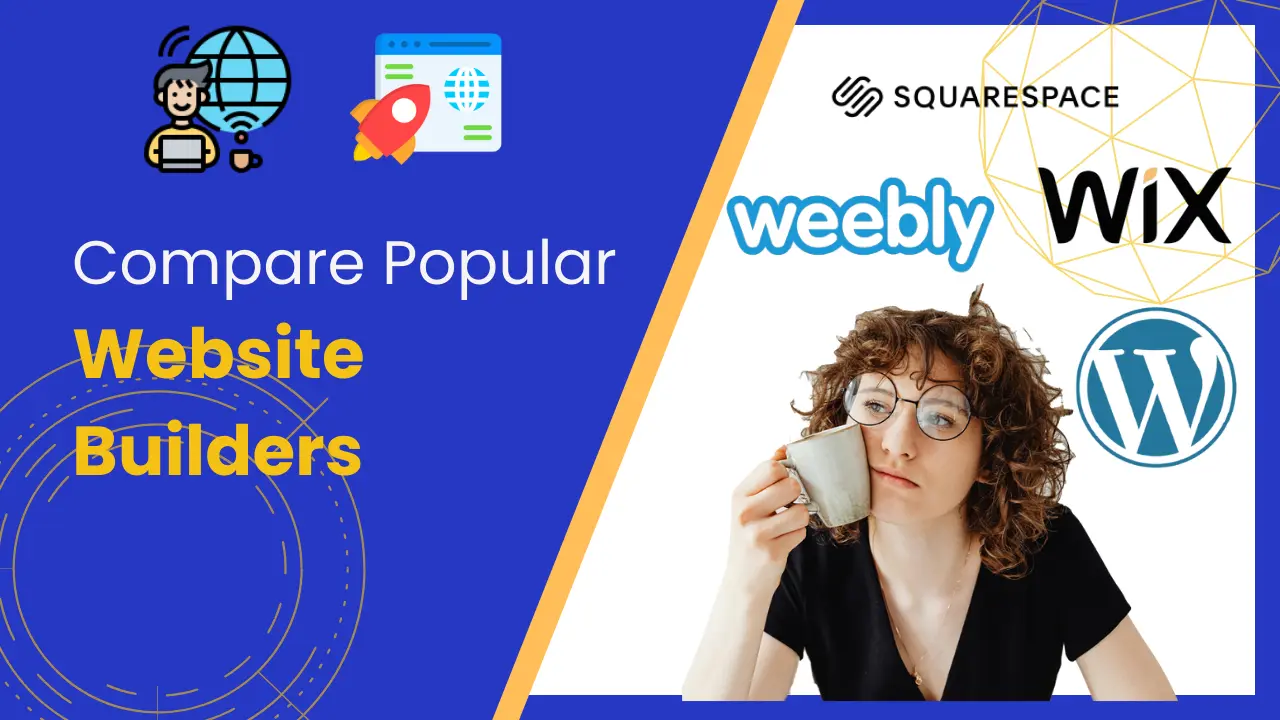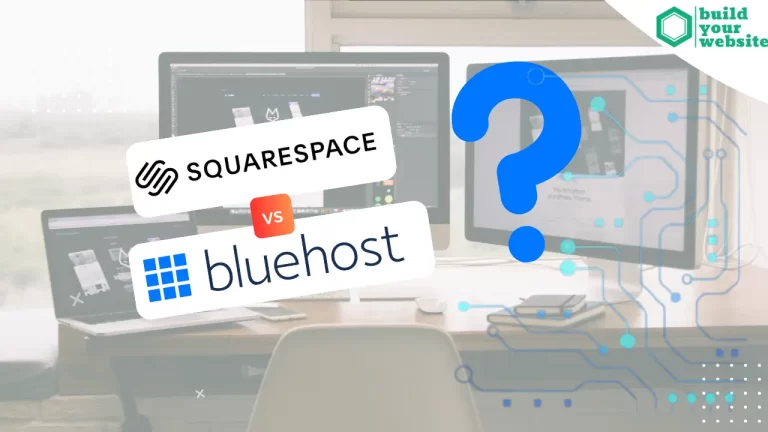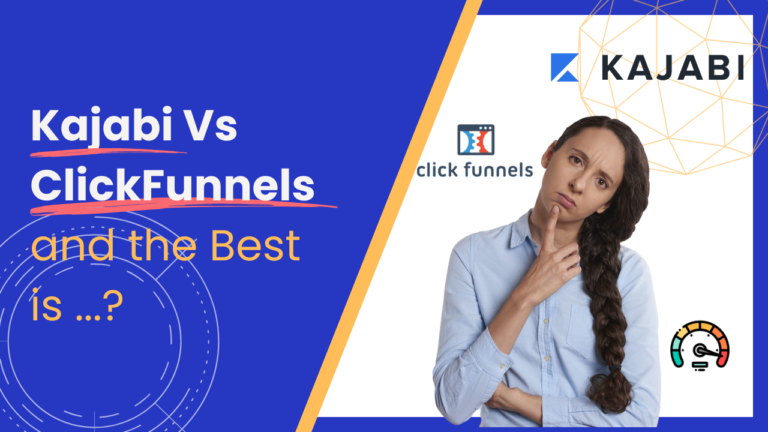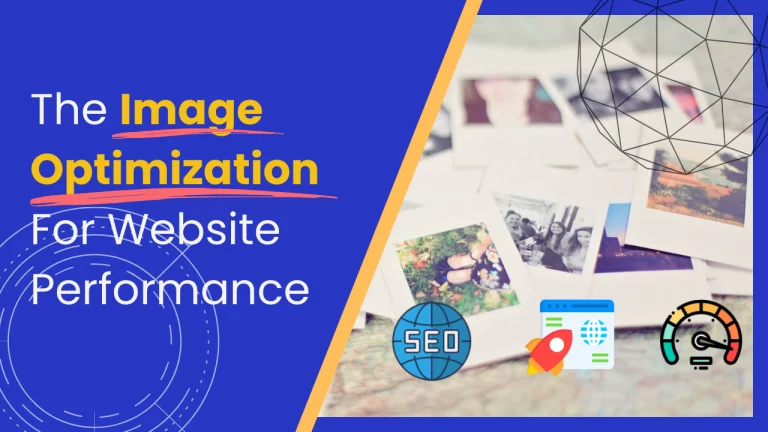Compare Popular Website Builders

In today’s digital age, building a website has become more accessible than ever. Whether you’re a web developer, a blogging enthusiast, or a beginner looking to establish your online presence, choosing the right website builder is crucial. With an abundance of options available, it can be overwhelming to determine which one suits your needs best. In this post, we’ll compare some of the most popular website builders, including WordPress, Wix, Squarespace, and more, to help you make an informed decision.
Key Factors to Consider
Before diving into the specifics of each website builder, let’s explore the key factors you should consider when making your choice.
1. Ease of Use: How user-friendly is the platform? Are there intuitive drag-and-drop features, or does it require technical expertise?
2. Customization Options: Can you personalize your website to match your branding? Are there ample design templates and styling options available?
3. SEO Capabilities: Does the website builder offer built-in SEO features to optimize your site for search engines? How well does it handle metadata, tags, and other SEO elements?
4. Pricing and Plans: What are the costs associated with the website builder? Are there different pricing tiers available, and do they align with your budget and requirements?
5. Support and Customer Service: How responsive is the support team? Are there helpful resources, tutorials, or a community forum available to assist you when needed?
Now, let’s delve into the specifics of each website builder and explore their strengths and weaknesses.
WordPress
WordPress is a renowned content management system (CMS) that powers millions of websites worldwide. It offers unparalleled flexibility and customization options, making it a top choice for both beginners and experienced developers.
Pros of WordPress:
- Extensive plugin library for added functionality
- Highly customizable with themes and code modifications
- Excellent blogging capabilities
Cons of WordPress:
- Learning curve for beginners
- Requires regular updates and maintenance
- Limited support
Notable websites built with WordPress include The New Yorker, BBC America, and TechCrunch.
Wix
Wix is a user-friendly website builder that empowers individuals and small businesses to create stunning websites without any coding knowledge. It offers a visually appealing interface and a wide range of templates to choose from.
Pros of Wix:
- Intuitive drag-and-drop editor
- Beautifully designed templates
- Comprehensive customer support
Cons of Wix:
- Limited flexibility for advanced customization
- Difficult to switch templates once a website is built
- Free plan includes Wix ads
Notable websites built with Wix include Land Rover, Fiverr, and The Washington Post.
Squarespace
Squarespace is a popular website builder known for its sleek and modern design templates. It caters to creatives and businesses looking to showcase their work or products in an aesthetically pleasing manner.
Pros of Squarespace:
- Stunning templates with responsive design
- Powerful blogging and e-commerce capabilities
- Excellent customer support
Cons of Squarespace:
- Less flexible in terms of customization compared to WordPress
- Limited integration options with third-party tools
- Pricing is higher compared to other website builders
Notable websites built with Squarespace include Food52, Glossier, and HBO.
Shopify
Shopify is a leading e-commerce platform designed specifically for online stores. It provides all the necessary tools and features to set up and manage a successful online business.
Pros of Shopify:
- Robust e-commerce functionality
- Secure and reliable hosting
- Extensive app store for additional features
Cons of Shopify:
- Higher pricing plans compared to other website builders
- Limited customization options for non-commerce pages
- Transaction fees on lower-tier plans
Notable websites built with Shopify include Gymshark, Kylie Cosmetics, and Allbirds.
Other Popular Website Builders
Apart from the aforementioned website builders, there are several other notable options available. Weebly, for example, offers simplicity and ease of use, while Joomla caters to more advanced users seeking flexibility and customization.
Remember, the best website builder for you depends on your specific needs and preferences. Consider the factors that are most important to you, such as ease of use, customization options, and budget, before making your decision.
Conclusion
Choosing the right website builder is a critical step towards establishing your online presence. Each website builder discussed in this post has its own strengths and weaknesses, so it’s essential to weigh them against your specific requirements. WordPress is ideal for those seeking flexibility and customization, while Wix and Squarespace are excellent options for beginners looking for user-friendly interfaces and visually appealing templates. Shopify shines in the e-commerce realm, offering a feature-rich platform for online stores.
Evaluate your needs, explore the options available, and don’t shy away from experimenting. Remember, your website is an extension of your brand and potential customers’ first impression of your business. So, take your time, compare the choices, and select the website builder that aligns with your vision and goals. Happy building!
Note: Don’t forget to regularly update your website with fresh and engaging content to keep your visitors coming back for more.






